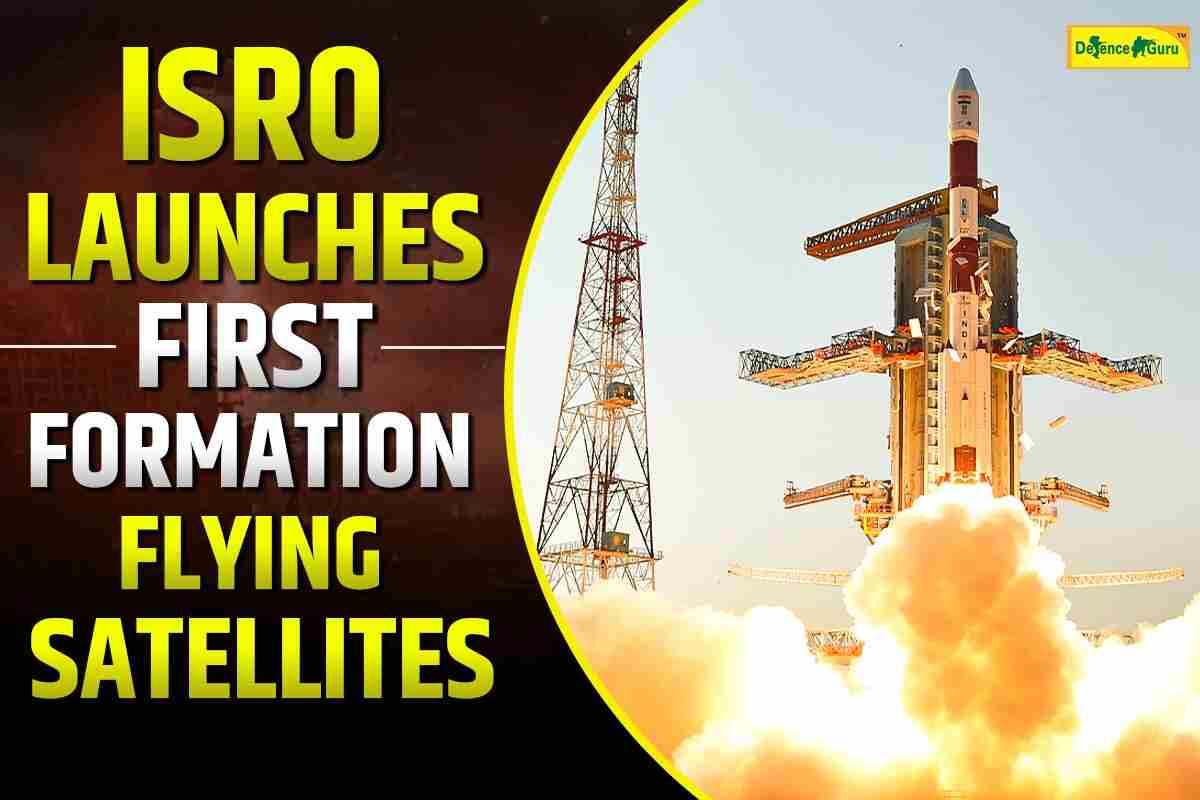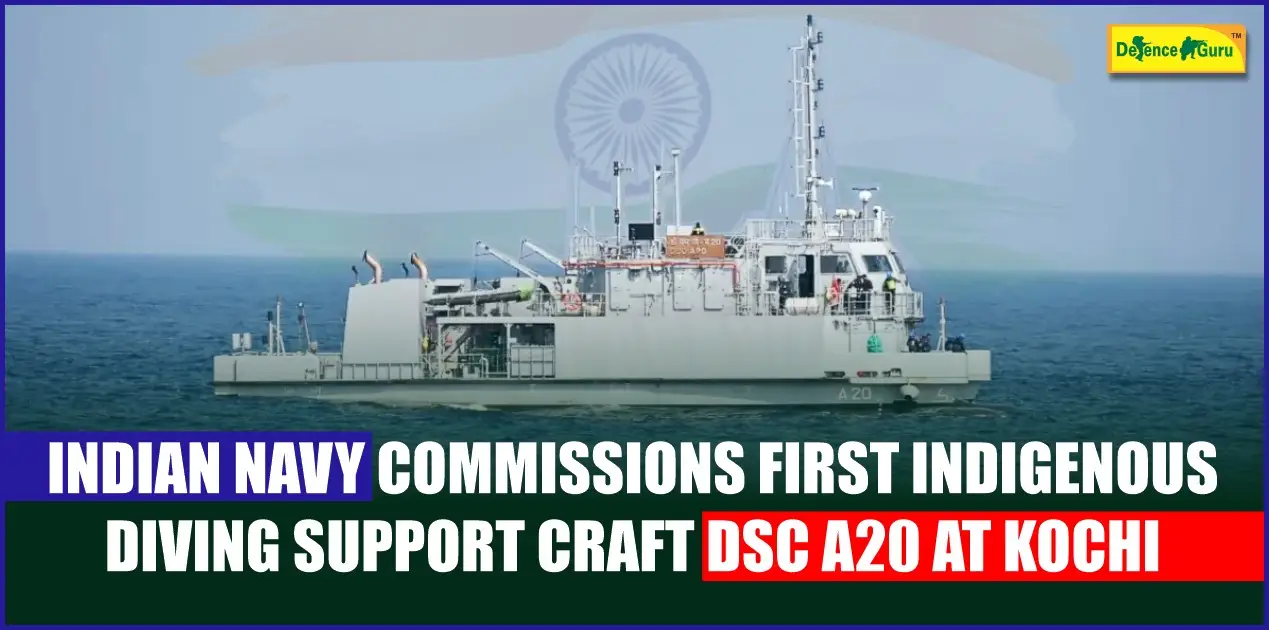In a landmark achievement, the Indian Space Research Organisation (ISRO) successfully launched the European Space Agency’s (ESA) PROBA-3 mission using its reliable Polar Satellite Launch Vehicle (PSLV-C59). The rocket took off from the Satish Dhawan Space Centre, Sriharikota, at 2:04 PM today after a one-day delay caused by a minor technical issue.
What is PROBA-3?
PROBA-3 is the world’s first precision formation-flying mission, consisting of two satellites designed to fly together in a fixed formation. They will maintain a 150-meter gap while orbiting Earth, simulating the behavior of a single large spacecraft. This mission aims to test cutting-edge technologies for formation flying and to perform scientific studies of the Sun’s corona, the outermost part of its atmosphere.
Mission Highlights
- Innovative Technology: The satellites will demonstrate high-precision flying with accuracy as fine as a millimeter.
- Scientific Goals: One satellite will block the Sun’s bright disk, creating an artificial eclipse, and allowing the other to capture detailed images of the Sun’s corona.
- Global Collaboration: The mission is a joint effort of 14 ESA member countries and is supported by India’s space capabilities.
A Perfect Launch
PSLV-C59, in its 61st mission, successfully placed the satellites in a highly elliptical orbit. The satellites, stacked together during launch, separated from the rocket’s upper stage 18 minutes after liftoff.
ISRO Chairman S. Somanath congratulated the team, saying, “The precise orbit achieved showcases PSLV’s reliability. PROBA-3’s success is a proud moment for India and highlights our collaboration with ESA.”
What’s Next for ISRO?
ISRO is gearing up for another exciting mission in December, the SPADEX (Space Docking Experiment). This will test technologies for docking and proximity operations in space, paving the way for future human spaceflight and satellite servicing missions.
India’s space achievements continue to soar, with missions like PROBA-3 demonstrating the nation’s growing role in global space exploration.

















